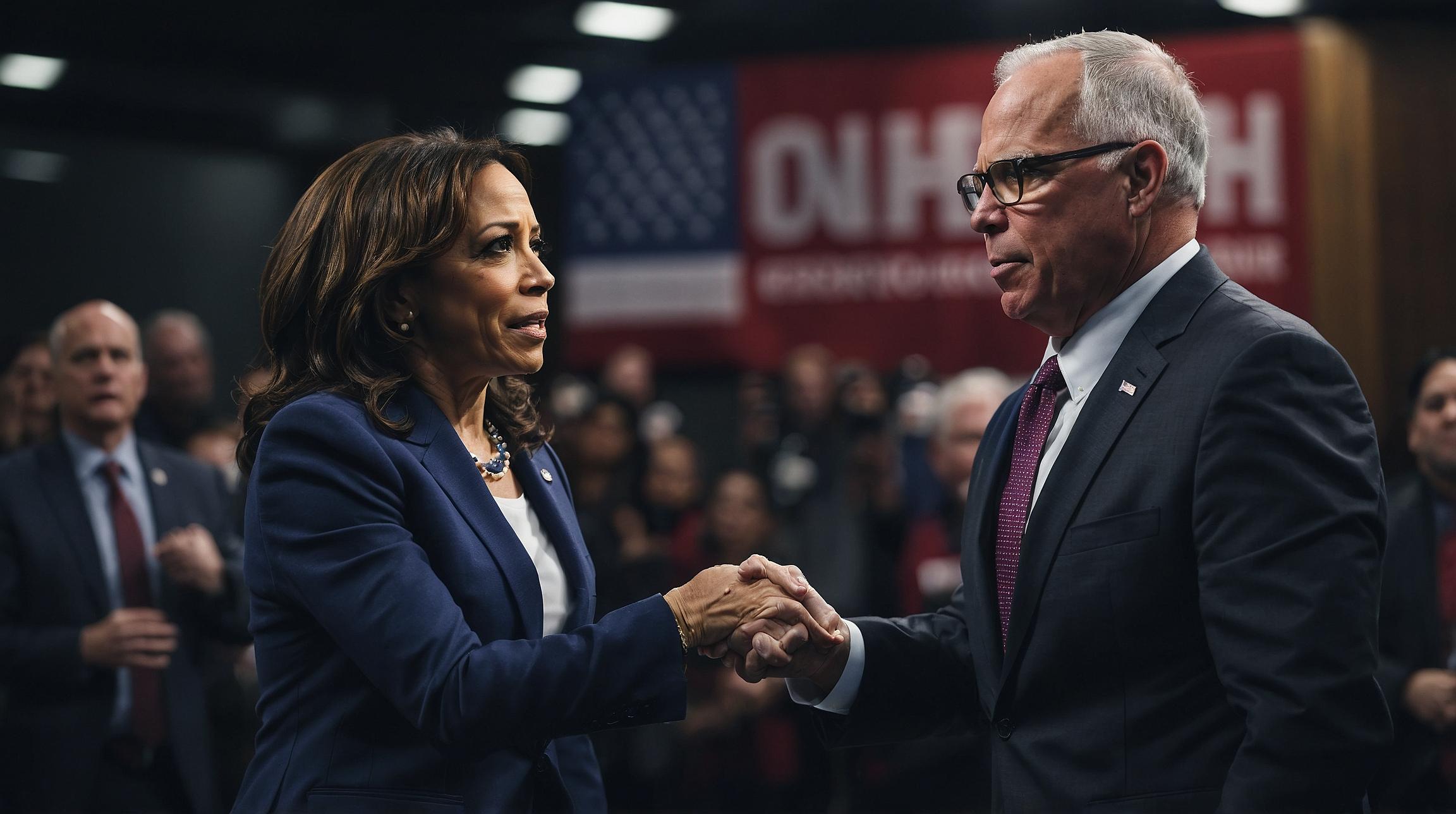Progressive Economics in the Spotlight
Kamala Harris' recent decision to choose Minnesota Governor Tim Walz as her running mate for the upcoming presidential election has thrust progressive economics into the center of the political arena. Walz, known for his commitment to progressive values, has implemented policies such as free school meals and expanded paid leave during his tenure as governor.
Understanding Progressive Economics
Progressive economics is akin to European social democracy, emphasizing the need for strong government oversight to prevent companies from exploiting workers and the environment. It argues that free-market capitalism isn't self-correcting and that certain groups require government protection. This concept stands in contrast to "trickle-down economics," which suggests that benefits given to the wealthy and corporations eventually aid everyone.
Reactions and Criticisms
Critics argue that progressive policies, such as government assistance programs and union membership, might undermine the work ethic and innovation, leading to slower economic growth. Furthermore, some economists, like Michael Strain from the American Enterprise Institute, caution that these policies could be inflationary.
Challenges in Implementation
Enacting progressive policies is met with significant challenges. Examples include recent Supreme Court challenges to reforms by the Federal Trade Commission, highlighting the difficulties in advancing such agendas despite public support.
Historical Context and Current Trends
Progressivism dates back to Franklin Delano Roosevelt's New Deal in the 1930s but has been sidelined since the 1980s. However, the 2008 financial crisis and the election of progressive candidates like Elizabeth Warren and Bernie Sanders have revived interest in these ideas.
Walz’s Achievements and Economic Impact
Under Walz's leadership, Minnesota has seen improvements in worker safety and bargaining rights. Despite these advances, the state's economic growth has lagged, ranking 29th among U.S. states. However, Minnesota has experienced faster income growth and lower unemployment rates compared to national averages.
Future Prospects and Electoral Implications
Harris and Walz are likely to promote "pragmatic progressivism," focusing on solving local family issues. With Harris yet to announce her full platform, the duo hopes to gain traction on policies like making the expanded child tax credit permanent, although passing these into law remains challenging without Congress's support.













